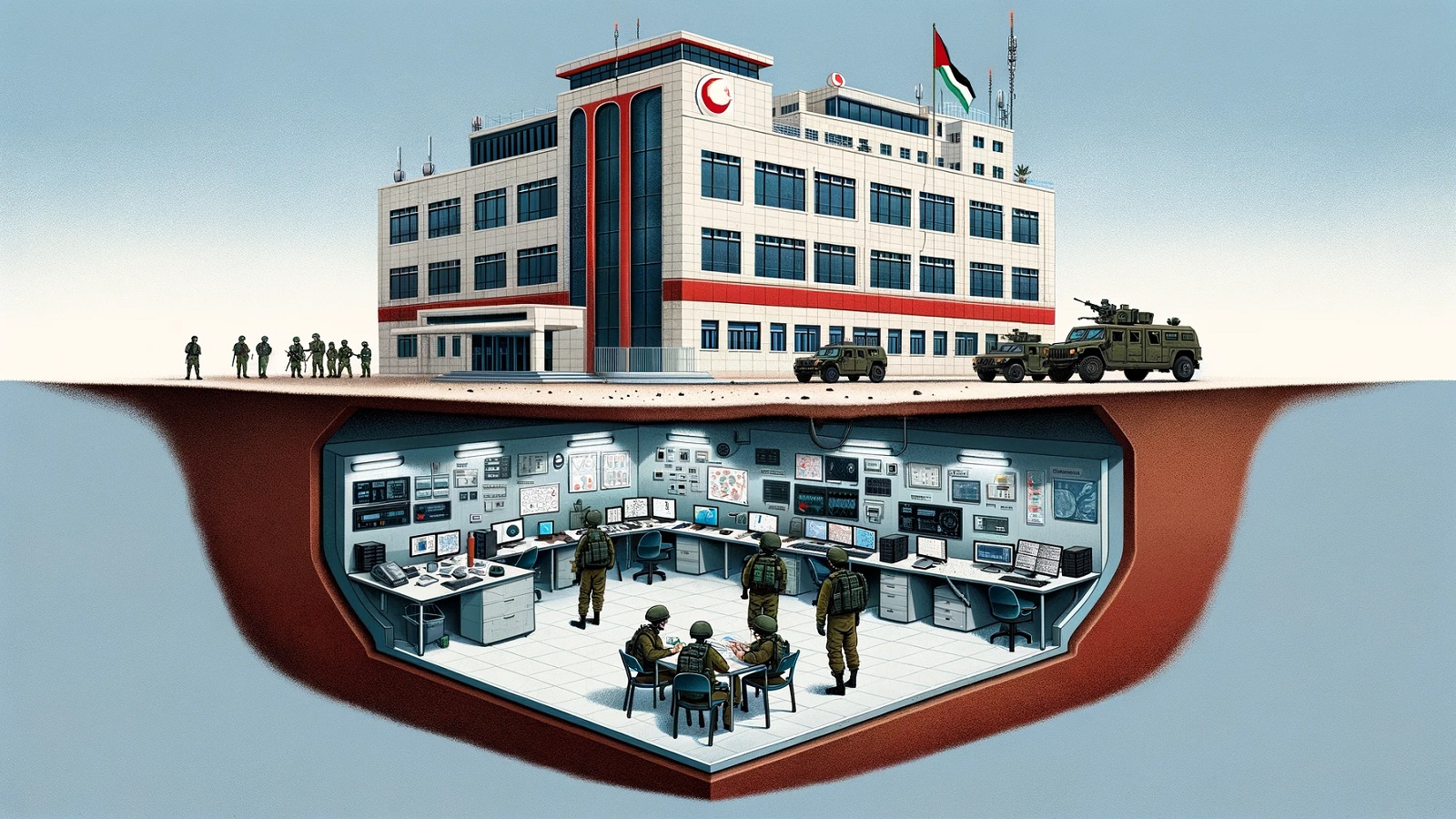Israel and the Lebanese Front
An-Nahar, Lebanon, November 3
Those who are truly committed to going to war do not spend weeks issuing idle threats. They act swiftly and without warning. This principle holds true for any party involved in the Palestinian-Israeli conflict. So, when Iran and its allies—spanning from Iraq and Syria to Lebanon and Yemen—make bold statements about expanding the conflict to involve neighboring countries, it can only mean that these controlled factions will inevitably engage in skirmishes with Israel and the United States in their respective territories, without launching a full-fledged war. It is important to note that there has been no mention of direct Iranian involvement in the conflict thus far. Iran is well aware that any direct conflict with Israel would result in facing not only the United States but also the combined forces of NATO. The involvement of a significant Iranian faction, namely Hizbullah, in a potentially limitless confrontation would ultimately force Israel to engage in a major war with Hizbullah. While Hizbullah is capable of inflicting significant harm on Israel, the latter, as a matter of existential survival, would not hesitate to use overwhelming force and potentially devastate half of Lebanon, or even more. This potential outcome serves as a sobering reminder of the grave consequences of escalating tensions in the region. Therefore, the current strategy of Hizbullah, focusing solely on Israel’s border, capitalizes on America’s declared position, holding Israel to its word amidst the chaos caused by the Al-Aqsa Flood operation. Moreover, the United States has strategically positioned military forces in the Eastern Mediterranean, the Red Sea, and the Gulf of Oman, with the purpose of deterring Iran and its proxies from considering any expansion of the ongoing conflict between Israel and Hamas in Gaza beyond established limits. Thus, all parties are well aware of the consequences that may come to pass if they dare to cross these red lines. The fate of Gaza has been hanging in the balance. Israeli and American leaders have been strategizing for the future, in particular, the postwar era and the potential aftermath of Hamas’ rule over Gaza. The Israeli ground operation, with the backing of the United States, aims to topple the Hamas regime and fundamentally change the reality in the Gaza Strip. However, this comes at a great cost to innocent lives, to the point that even Washington may struggle to defend Israel’s stance for more than a fortnight. As a result, the Israeli government has a limited time frame in which to finalize their military offensive in the northern and, ideally, southern regions of Gaza. Some experts suggest that the decisive moment may coincide with the upcoming emergency Arab Summit, which has been called by the Kingdom of Saudi Arabia and is set to convene on November 11. Today [Nov. 3], US Secretary of State Antony Blinken arrived in Tel Aviv to address the pressing matter of providing humanitarian aid to Gaza. He also discussed the plan to deploy floating hospitals off the coast of Egyptian Rafah, with the aim of relieving the burden on existing hospitals that are in operation within the Gaza Strip. This proposal has been met with allegations from the Israeli government that Hamas is using Al-Shifa Hospital as a cover for its command-and-control center. It is worth noting that the hospital houses a military intelligence operations room directly underneath its premises. As he continues to Amman, Jordan, Blinken is sure to tackle the crucial issue of the post-Hamas era. This is a complex matter, as neighboring Arab countries, including Egypt and Jordan, are unwavering in their refusal to assume the responsibility of dealing with the Gaza Strip. The recent escalation of tensions on the Lebanese-Israeli border has also been a cause for concern. During a statement, Blinken affirmed that any escalation would not serve the interests of either party involved. It is clear that Israel will take excessive measures in response to the coordinated attack executed by Hizbullah militants on the Upper Galilee. Blinken’s stance does not give Hizbullah impunity or free reign to cross any boundaries. —Ali Hamada (translated by Asaf Zilberfarb)
This holiday season, give to:
Truth and understanding
The Media Line's intrepid correspondents are in Israel, Gaza, Lebanon, Syria and Pakistan providing first-person reporting.
They all said they cover it.
We see it.
We report with just one agenda: the truth.



